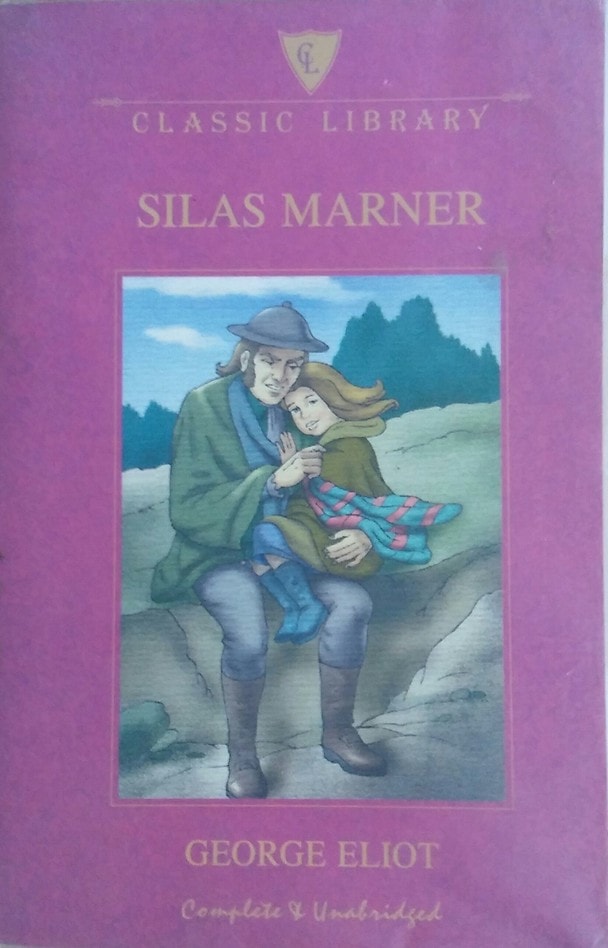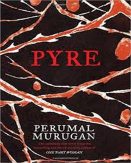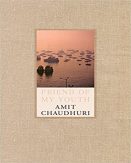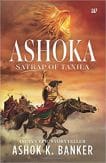You must be logged in to post a review.
Silas Marner
by George Eliot
Description:
Embittered by a false accusation, disappointed in friendship and love, the weaver Silas Marner retreats into a long twilight life alone with his loom. . . and his gold. Silas hoards a treasure that kills his spirit until fate steals it from him and replaces it with a golden-haired founding child. Where she came from, who her parents were, and who really stole the gold are the secrets that permeate this moving tale of guilt and innocence. A moral allegory of the redemptive power of love, it is also a finely drawn picture of early nineteenth-century England in the days when spinning wheels hummed busily in the farmhouses, and of a simple way of life that was soon to disappear.
About The Author
Mary Ann Evans (22 November 1819 22 December 1880; alternatively “Mary Anne” or “Marian”), known by her pen name George Eliot, was an English novelist, poet, journalist, translator and one of the leading writers of the Victorian era. She is the author of seven novels, including Adam Bede (1859), The Mill on the Floss (1860), Silas Marner (1861), Felix Holt, the Radical (1866), Middlemarch (187172), and Daniel Deronda (1876), most of them set in provincial England and known for their realism and psychological insight.
She used a male pen name, she said, to ensure that her works would be taken seriously. Female authors were published under their own names during Eliot’s life, but she wanted to escape the stereotype of women writing only lighthearted romances. She also wished to have her fiction judged separately from her already extensive and widely known work as an editor and critic. An additional factor in her use of a pen name may have been a desire to shield her private life from public scrutiny and to prevent scandals attending her relationship with the married George Henry Lewes, with whom she lived for over 20 years.
Her 1872 work Middlemarch has been described by Martin Amis and Julian Barnes as the greatest novel in the English language.









Reviews
There are no reviews yet.